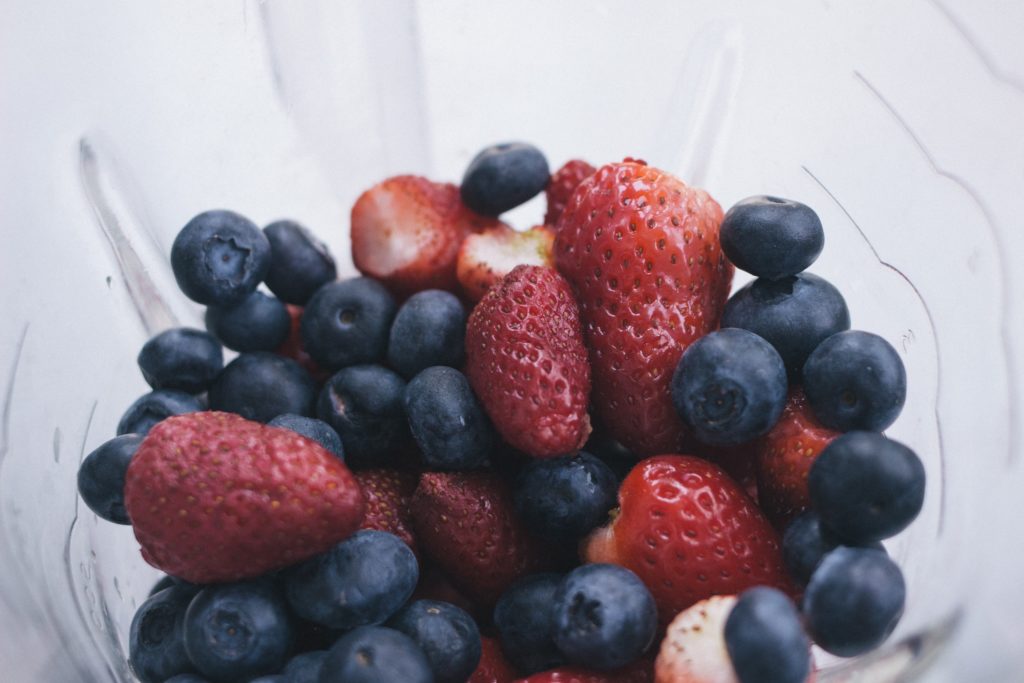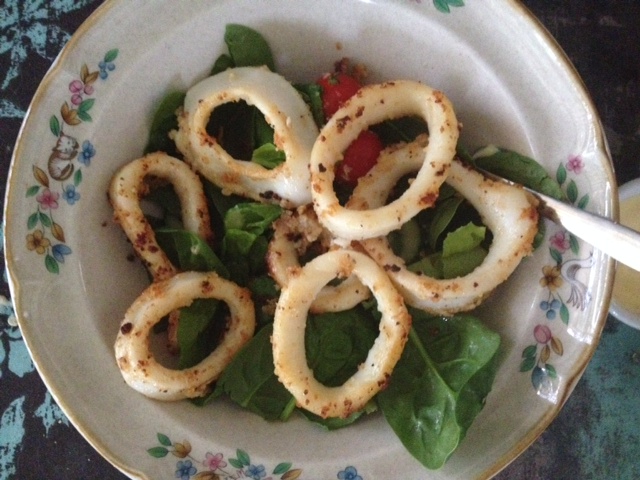With Western medicine almost encouraging us to ‘pop a pill’ to ease inflammation, local Nutritionist Natalie Bourke from Health By Whole Foods discusses natural alternatives with equal or greater benefit.
For any athlete there is nothing worse than encountering an injury or dealing with chronic niggling ailments that put a cap on your ability to perform at your best throughout the season. We spend vast amounts of time focusing on developing our capabilities through training, stretching and giving our bodies adequate rest, however when there’s a “spanner in the works” it may well be that nutritional refinement will best speed our course of recovery. After all, proteins are the building blocks of muscle tissue, fats contribute to the health of our joints, tendons and ligaments, and good quality carbohydrates are important for filling up muscle glycogen stores and encouraging improvements in performance, strength and endurance.
It’s common practice in Western medicine to prescribe an anti-inflammatory pill as a first line of treatment when athletes are “inflamed”, whether from an injury or from the natural stress that high intensity activity places on the body. But is this the only way to go about decreasing inflammation in the body, or are there natural alternatives with an equal or greater benefit?
Call me a tree-loving hippy but I whole-heartedly believe the famous saying “let food be thy medicine” (Hippocrates). To ignore the power of naturally occurring anti-inflammatory foods and supplementation is doing yourself a huge disfavor. Not only do these natural alternatives have potent anti-inflammatory effects in the body, but they also skip the gut damaging effects of many over-the-counter medications. As a regular part of your diet these foods will serve to prevent underlying inflammation from reeking havoc in your body on a daily basis. This ultimately supports you through your sporting endeavors and puts you on the path to optimal well-being.
So let’s K.I.S.S (Keep It Simple Stupid) with some old fashion dot points, mainly for those of you with a Masters degree in impatience.
NAT’S TOP FIVE ANTI-INFLAMMATORY FOODS
These are in no particular order. I will elaborate slightly on each for those of you interested/unemployed with too much spare time.
- Turmeric: This is a spice that contains a potent anti-inflammatory compound called curcumin. For preventative use incorporate turmeric into your cooking, or for more acute anti-inflammatory use look into higher dose supplementation.
- Fatty Fish: This includes wild-caught salmon, mackerel, herring and sardines. They contain long chain omega-3 fatty acids that are important in decreasing inflammation and promoting optimal brain, nerve, hormonal, skin, and immune health. As a minimum for maintenance support I would suggest aiming for three serves a week.
- Cruciferous Vegetables: Cru-what? They are a family of veggies including broccoli, cauliflower, kale and cabbage. They contain sulforaphane, which is a compound that has been linked to reducing inflammation in the arteries.
- Grass fed butter: This scrumptious spread is a rich source of a fatty acid known as Conjugated Linoleic Acid (CLA) that has been associated with decreased inflammation and heart health.
- Berries: A rich source of anti-oxidants, phytochemicals, bioactive pigments, phenolics and a source of absolute deliciousness.
And now for my top three pro-inflammatory foods that you should be avoiding…
- Sugar: Yep, hold onto your hats folks- a big fat surprise that our addictive friend sugar is indeed a rampant source of inflammation. Unfortunately this includes sugar in all forms- table sugar, agave syrup, fruit juice, fruit, maple syrup, and even that organic raw honey straight from the bees bum to your breakfast bowl. It’s not to say you should eliminate fruit and honey from your diet completely, but you should be very aware of the amount you are having across the day. That bad boy adds up!
- Industrial seed oils: This is inclusive of sunflower oil, canola oil, vegetable oil, safflower oil and peanut oil. These oils have been heated, deodorized, coloured, sprayed and pressurized to create a product that would be the relational equivalent of your great grandmother’s sisters cousins step sons best friends wifes butler. I hope I lost you there and you understand the degree to which industrial seed oils are removed from their original starting material. This process results in oils containing oxidized (damaged) pro-inflammatory compounds that are simply not fit for consumption if optimal performance is your goal.
- Grain fed meat, unnaturally farmed chicken and caged eggs: These can be a rich source of hormones, antibiotics, pro-inflammatory omega-6 acids and toxins. The primary reason for this is due to them being raised unnaturally. Just remember you are what you eat, and you are what your food eats! Choose animals that have been raised in a healthy environment, consuming their natural diet and are happy little campers.
Now what kind of dietitian would I be if I didn’t leave you with a recipe!? So here you go… This is a link to my recipe for salt & pepper squid with garlic lime aioli.
As usual, if you’d like any further information or are interested in my consulting services then please feel free to contact me:























